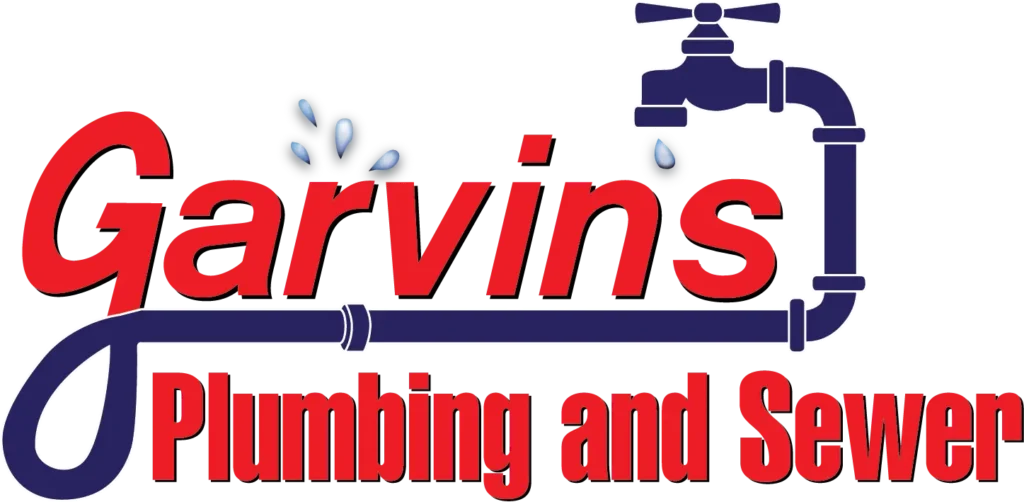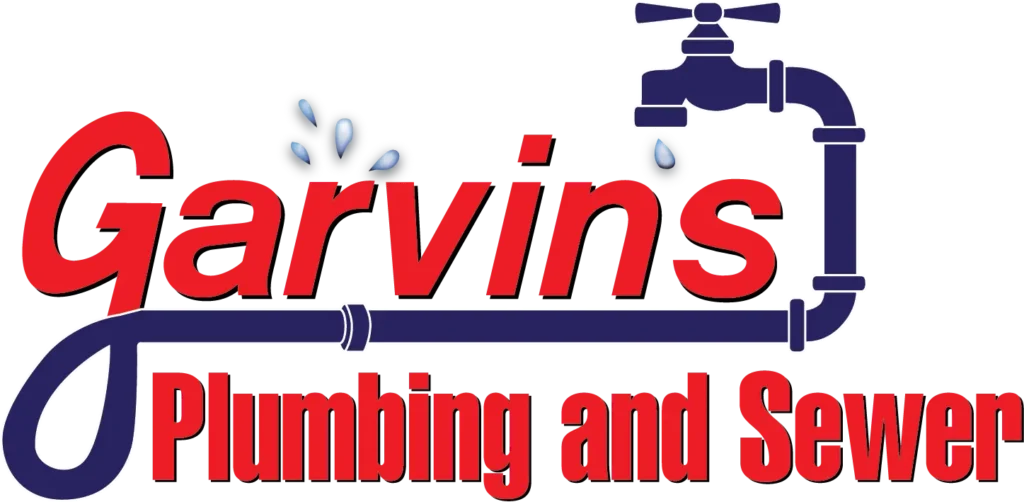
Drain Cleaning Service
Avoid Unethical Plumber Tactics
Plumbing Ethics In Denver, CO There’s a lot of competition in the plumbing industry. Each plumbing company in Denver wants to make…

Common Plumbing Issues
Can You Flush Cat Poop Down the Toilet?
Are you a cat person or a dog person? It’s a debate as old as time. Dogs are generally friendlier and more…

Drain Cleaning Service
Plumbing Tips Every Homeowner Should Know: Part 1
Owning a home is a two-sided coin. There’s joy in having your own yard, being able to remodel every room to your…

Common Plumbing Issues
Why spring is the perfect time for sewer line maintenance
Trees look so gorgeous covered with snow in the winter, don’t they? In the autumn they appear to bed down and take…

Common Plumbing Issues
How to prepare your plumbing for the holidays
The last goblin has disappeared into the night and now the winter holidays are coming: Thanksgiving, Hanukkah, Christmas, Kwanzaa, to name a…

Clogged Sewer Line
The Dangers of Drain Cleaning
Every once in a while we have customers call us complaining that the drain cleaning service we provided broke their drain line.…

Common Plumbing Issues
Tips to keep your plumbing fixtures in top condition
Nobody likes a plumbing surprise. Surprise retirement or birthday celebrations with cake, yes, but grey water or sewer shocks aren’t fun. To…

Clogged Drain
Preparing for “Brown Friday” in Denver
The experienced team of local plumbers at Garvin’s Sewer Service in Englewood has no shortage of work to do around the Denver…

Clogged Drain
Tips For Keeping Your Restaurant Drains Fresh
If you’re running a restaurant you know just how many things there are to keep track of. One thing that you may…

Drain Cleaning Service
Why are Plumbers Considered Essential Workforce?
There has been a lot of talk lately about what is considered “essential”, especially in regards to service providers. Pandemic or not,…

Basement Drain
9 Items That Should Never Go Down the Drain
Here at Garvin’s Sewer Service, we get calls from homeowners all the time because they have a clogged drain, and while there…

Clogged Drain
A Guide to Sewer Line Preventative Maintenance
Your sewer lines may be hidden, but they are about as important as any individual aspect of a home. Imagine what life…




